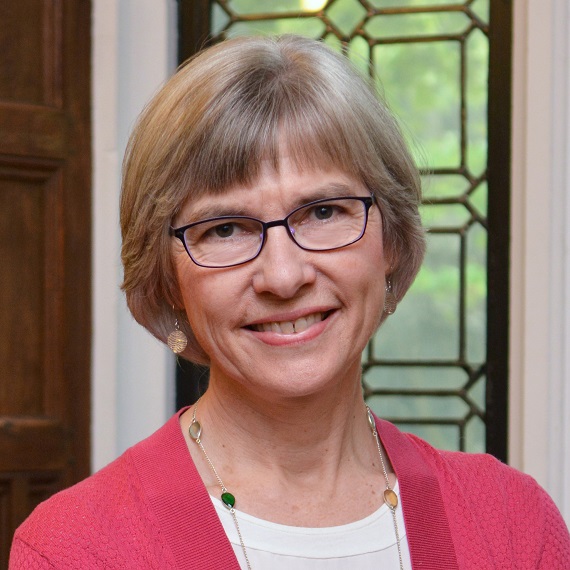Lynn Cooley, Ph.D.

- Title
- C.N.H. Long Professor
- Department
- Department of Genetics
- Institution
- Yale University
- Address
-
Sterling Hall of Medicine I-339
P.O. Box 208005 - City, State, ZIP
- New Haven, CT 06520-8005
- Phone
- (203) 785-5067
- [email protected]
- Website
- http://cooley.medicine.yale.edu/index.aspx

- Research field
- Developmental Biology
- Award year
- 1991
Research
Gametes are the ultimate stem cells with the capacity to produce entire new organisms. We study cellular mechanisms of gamete development using Drosophila as a model system. We are focused on the development of female germline cells, from their early differentiation into oocytes or nurse cells, through the control of oocyte growth during oogenesis. In addition, we study the role of ovarian muscles in the progression of developing egg chambers through the ovary. One area of interest is germline ring canals and oocyte growth. Using a variety of genetic and molecular approaches, we have identified many ring canal proteins, and we are actively working toward characterizing their functions. We are also studying the role of ring canals in the polarized transport of maternal mRNAs, proteins and organelles from nurse cells and to the oocyte. Another focus is on somatic ring canals. In order to understand how these fascinating structures contribute to the biology of non-germline cells, we are characterizing somatic ring canals in epithelial cells of the Drosophila ovary and imaginal discs using cell biology and genetics. A third line of study is in muscle function. Recently we discovered a novel muscle type in the Drosophila ovary that contains striated sarcomeres, but only a single nucleus. This indicates the muscles did not form by typical myoblast fusion. Importantly, the presence of one nucleus means we can use powerful genetic clonal analysis to analyze the effects of mutations affecting muscle proteins, including those associated with human muscular dystrophy. In addition, we can study proliferation of these muscles in adults and the pool of progenitor stem cells that supply new muscle cells in adults.
Scholar Keywords
1991 Search Pew Scholars
- Alison E.M. Adams, Ph.D.
- Michael A. Caudy, Ph.D.
- Lynn Cooley, Ph.D.
- Stephen J. Elledge, Ph.D.
- Daniel E. Gottschling, Ph.D.
- Thomas S. Hays, Ph.D.
- Yasushi Hiromi, Ph.D.
- Christine E. Holt, Ph.D.
- David E. Levy, Ph.D.
- Judy Lieberman, M.D., Ph.D.
- W. Ian Lipkin, M.D.
- Alfred T. Malouf, Ph.D.
- Rory M. Marks, M.B.B.S.
- Robert D. Nicholls, D. Phil.
- Janko Nikolich-Zugich, M.D., Ph.D.
- Diane M. Papazian, Ph.D.
- Helen M. Piwnica-Worms, Ph.D.
- Frank J. Rauscher III, Ph.D.
- Stephen R.J. Salton, M.D., Ph.D.
- Nicholas K. Tonks, Ph.D.